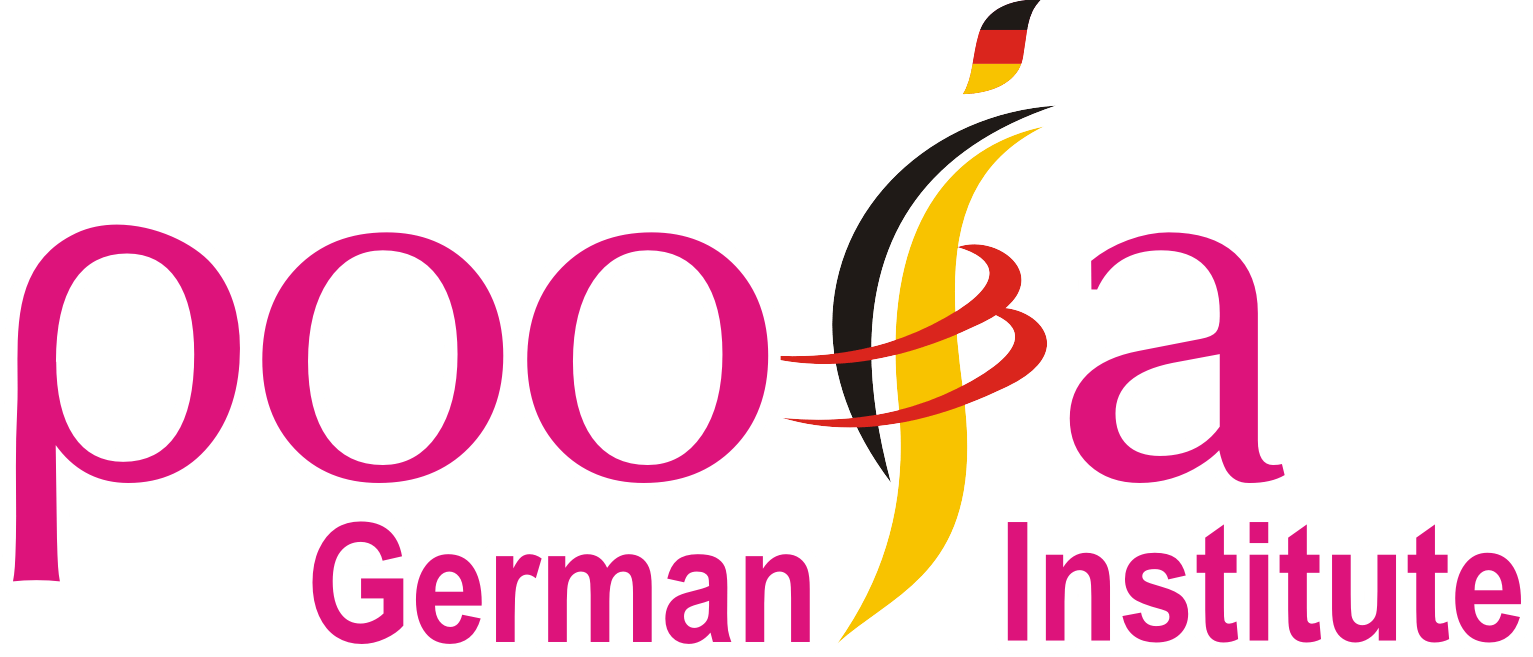You will quickly learn that there are three different types of higher education institutions in Germany, including universities (German: Universität), universities of applied sciences (UAS; German: Hochschule für angewandte Wissenschaften), and thirdly, academies of arts, music, and film. You can choose from a wide variety of study programmes when you …
There are various factors you should take into account before choosing which university you wish to attend. Even though Germany is well known for its academic quality, you could find that some universities are more suited to your interests than others. Here are a few pointers to get you going. …
Each of the six Goethe-Zertifikat categories, which range from A1 to C2, corresponds to a CEFR level. The Goethe-Institut, an autonomous institution devoted to the study of German language and culture, is in charge of managing these. Both younger pupils and adults can take various Goethe-Zertifikat tests for levels A1 …
The OSD tests are accepted for a variety of purposes throughout Austria. Additionally, certain colleges in Germany, Switzerland, and South Tyrol recognize it as evidence of German language proficiency (Italy). The test is in line with the CEFR’s level descriptors. It is equivalent to the TELC exams and the Zertifikat …
An worldwide test for ten languages is called TELC (The European Language Certificates). Since it is a standard test, the questions will be the same everywhere you take it. The test provides a clear, accurate, and reliable evaluation of one’s proficiency in a foreign language. The Common European Framework of …
In order to be admitted to German universities, candidates must pass the DSH (Deutschen Sprachprüfung für den Hochschulzugang), a language test that verifies their proficiency in the language. The DSH test is created by the universities themselves or by other colleges who have been hired to create the test on …
Step 7 Read news in German Make sure you’re keeping an eye on those reading comprehension skills after seeing some German movies. A tried-and-true technique for doing this is to read German newspaper columns. Any words that are unclear should be highlighted so you may subsequently check them up in …
Step 5 Memorize German phrases One of those “language hacks” can help you communicate in genuine German more quickly. You can start interacting with some simple German sentences now that you are familiar with the word order in German. Start by practising short phrases that you might use every day, …
Step 3 Add Nouns, Verbs, and Adjectives to Your Vocabulary Once you’ve mastered the fundamentals, it’s time to add nouns, verbs, and adjectives to your vocabulary. Try to establish a daily objective for yourself, such as learning three new nouns, verbs, and adjectives (for a total of nine words) each …
Step 1 Become familiar with the German letters. Compare the sounds of each letter alone with those of other letters. Also pay attention to the distinctions between German and English letter sounds. The sounds of two letters combined can be very different from the sounds of either of the two …









